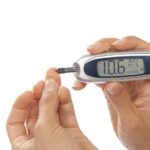Know about the side effects of gall bladder removal, recovery, when to seek help, and options without surgery –
Gallbladder removal side effects
- There is a possibility of possible complications with any type of surgery.
- In which bleeding, pain, infection, or movement of surgery material from the incision to another part of the body, etc.
- These complications can occur with or without fever.
- You may experience digestive side effects after the gall bladder is removed.
Constipation
- However, the removal of a diseased gallbladder usually reduces constipation.
- The use of surgery and anesthesia during this procedure can cause short-term constipation.
- Whereas lack of water in the body can worsen constipation.
Trouble in fat digestion
- It may take time for your body to adjust to its new way of digesting fat.
- The medicines that were given to you during the surgery could be the cause of indigestion.
- It usually does not last long but some patients develop long-term side effects.
- Which are usually caused by leakage of bile into other organs or gallstones that were left behind in the bile ducts.
Jaundice or fever
- A stone that remains in the bile duct after gallbladder removal surgery can cause severe pain or jaundice, which is a yellowing of the skin.
- A complete blockage can lead to infection.
Intestinal injury
- During gallbladder removal, it is rare but possible for a surgeon to damage the intestines.
- Due to which cramps can occur.
- It may be normal to have some pain after surgery.
- But if the pain worsens, talking to a doctor should be consulted.
Diarrhea or flatulence
- Indigestion can cause diarrhea or flatulence, often made worse by excess fat or too little fiber in the diet.
- Bile leakage can mean an insufficient amount of bile to digest the fat in the intestines, which loosens the stool.
Gallbladder Surgery Recovery
- If there are no complications, your recovery from gallbladder surgery should be smooth.
- In cases of open surgery, the doctor may keep you hospitalized for 3 to 5 days to increase the success of the surgery.
- Whereas in cases of keyhole or laparoscopic surgery you may be able to go home the same day.
- Do not engage yourself physically in any activity for 2 weeks.
- Be sure to talk to the medical team about cleaning the wound to prevent infection.
- Take shower etc. only after the time prescribed by the doctor.
- Your doctor may prescribe a liquid or bland diet for the first few days.
- After that, they’ll probably suggest you add back your normal foods in small amounts.
- Keep drinking water during the day.
- It’s also a good idea to eat simple fruits and vegetables while limiting foods that are overly salty, sweet, spicy, or fatty.
- Fiber is very important for good digestion after surgery.
- But limit your intake of broccoli, nuts, seeds, whole grains, cauliflower, sprouts, high fiber cereals, and cabbage after surgery.
When to see a doctor
- Pain that does not get better with time, new abdominal pain, or pain that gets worse.
- No bowel movement or passing gas for more than three days after surgery.
- Yellowing of the whites of the eyes.
- Severe nausea or vomiting.
- Diarrhea that lasts for three or more days after surgery.
No surgery options
Tonics
- Apple cider vinegar and turmeric are both known to reduce inflammation.
- If you mix them with hot water, you can enjoy them as a tea-like beverage and experience relief from your gallbladder symptoms.
- Some people also consider the menthol in peppermint tea to be soothing.
- The benefits of turmeric in the formation of gallstones have been reported in the sources mentioned by some studies.
- However, if you have gallstones, be careful how much turmeric you ingest.
Diet and exercise
- Maintaining a healthy weight can reduce pain and complications from gall bladder disease.
- Which can reduce cholesterol and inflammation that cause gallstones.
- Diets that are low in fat and high in fiber, full of fruits and vegetables can also improve gallbladder health. (Learn – Gallbladder Removal Diet)
- Eat olive oil and other healthy fats in place of animal fats, fried foods.
- Also, reduce or limit the intake of sugar.
- Regular exercise can help your body lower cholesterol and prevent gallstones from forming.
- Magnesium deficiency can increase the risk of developing gallstones.
- Eat magnesium-rich foods, including dark chocolate, spinach, nuts, seeds, and beans, to improve gallbladder health.
Acupuncture
- Acupuncture may be of potential benefit for people with gallbladder disease.
- It most likely works by increasing the flow of bile.
- While reducing cramps and pain.
Supplement
- Choline, in addition to magnesium, plays a role in gallbladder health.
Gallbladder Cleanse
- Gallbladder usually refers to abstaining from food for 12 hours, then drinking a liquid recipe.
- For example, taking 1 teaspoon of lemon juice in 4 teaspoons of olive oil at an interval of 2 hours for every 15 minutes.
What is a Gallbladder?
- The gallbladder is a small pouch-like organ on the right side of your abdomen.
- Its job is to store and release bile, a substance made by the liver to help you digest fat.
- The most frequent forms of gallbladder disease result from too much cholesterol or bilirubin, a liver pigment, in your bile.
- Due to which there can be stones in the gall bladder, acute or chronic inflammation, etc.
- If the symptoms become very uncomfortable or interfere with your health, the doctor may suggest open or laparoscopic gallbladder removal.
- Fortunately, you can live a healthy life without your gallbladder.
- Also, the surgery to remove it is relatively simple.
- Without a gallbladder, bile can move directly from your liver into your intestines to aid digestion.
- However, there are still some chances that you may experience side effects after gallbladder removal.
Lastly
Gallbladder removal is a fairly common procedure. But it is always possible that you may experience some side effects. Identifying and mitigating symptoms, side effects, and complications before and after surgery can make for an easier experience.
References –
- https://www.health.harvard.edu/diseases-and-conditions/do-i-need-to-take-bile-salts-after-gallbladder-surgery
- https://www.nhs.uk/common-health-questions/operations-tests-and-procedures/do-i-need-to-change-my-diet-after-gallbladder-surgery/
- https://www.nhs.uk/conditions/gallbladder-removal/
- https://www.ncbi.nlm.nih.gov/pmc/articles/PMC4293801/
- https://pubmed.ncbi.nlm.nih.gov/26147513/

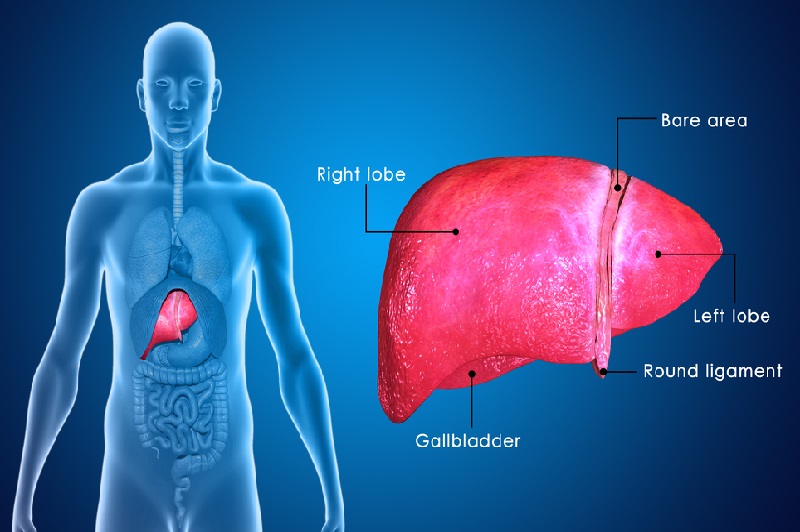
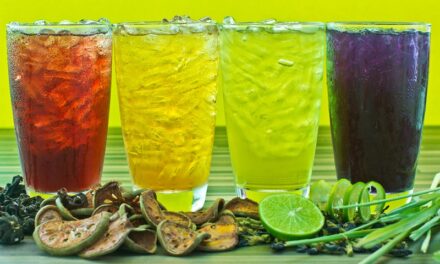
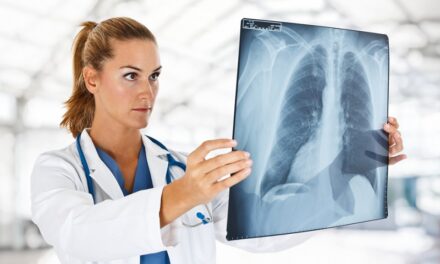
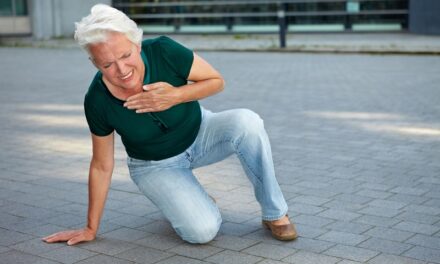
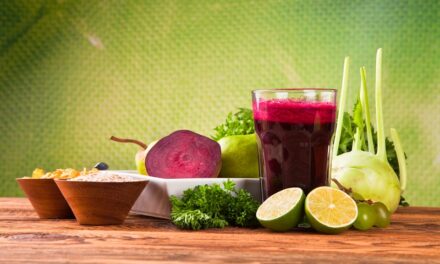
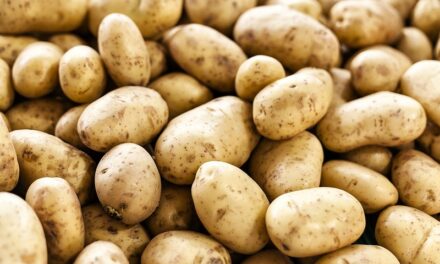


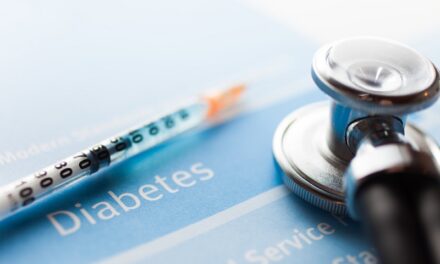

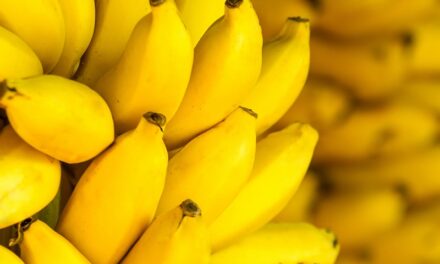
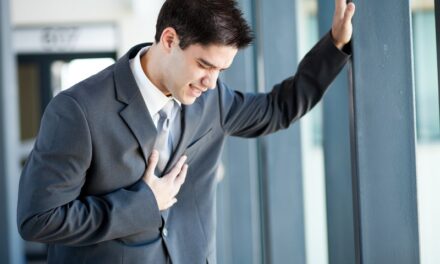

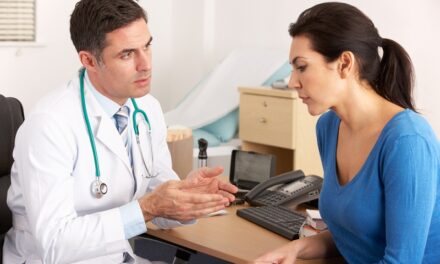
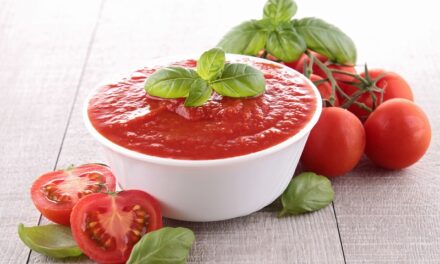
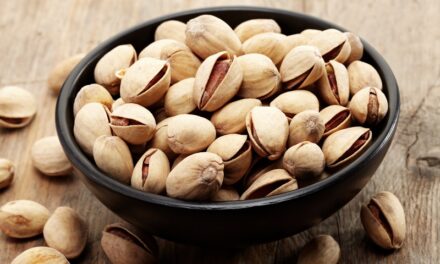


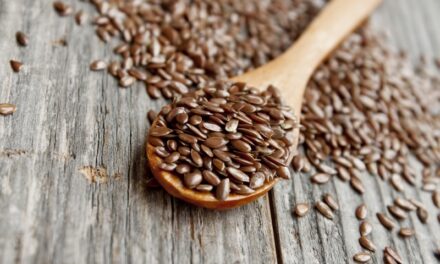

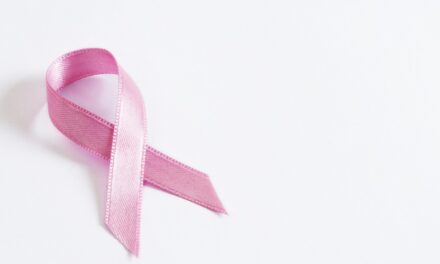
 English
English हिन्दी
हिन्दी



